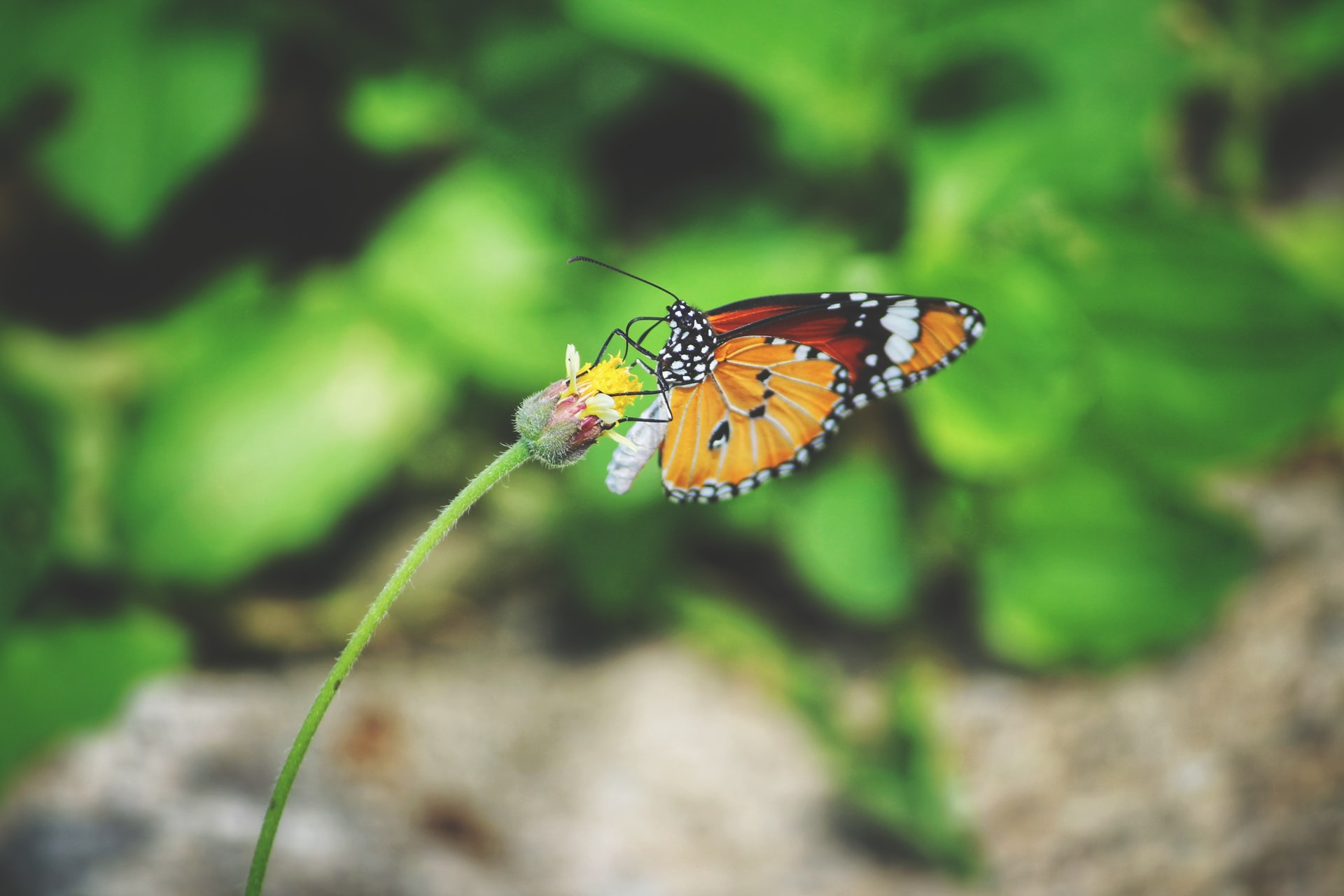World leaders highlight Sustainable Consumption and Production in 'Pledge for Nature'

Political leaders participating in the United Nations Summit on Biodiversity in September 2020, so far representing 64 countries from all regions and the European Union, have committed to reversing biodiversity loss by 2030. By doing so, these leaders are sending a united signal to step up global ambition and encourage others to match their collective ambition for nature, climate and people with the scale of the crisis at hand.
The three-page leaders' pledge, co-ordinated by WWF, highlights the importance of Sustainable Consumption and Production in addressing biodiversity loss, and the major role that current unsustainable patterns of consumption and production are playing in driving the environmental crises the world is facing.
"We are in a state of planetary emergency: the interdependent crises of biodiversity loss and ecosystem degradation and climate change - driven in large part by unsustainable production and consumption - require urgent and immediate global action."
The pledge goes on to list specific commitments to urgent actions that signatory countries will take over the next ten years as part of the UN Decade of Action to achieve Sustainable Development and to put nature and biodiversity on a path to recovery by 2030.
Commitment number four details how countries commit to transitioning to Sustainable Consumption and Production:
"We commit to transition to sustainable patterns of production and consumption and sustainable food systems that meet people’s needs while remaining within planetary boundaries, including by:
a. Accelerating the transition to sustainable growth, decoupled from resource use, including through moving towards a resource-efficient, circular economy, promoting behavioral changes and a significant scale-up in nature-based solutions and ecosystem-based approaches on land and at sea;
b. Supporting sustainable supply chains, significantly reducing the impact on ecosystems caused by global demand for commodities and encouraging practices that regenerate ecosystems;
c. Shifting land use and agricultural policies away from environmentally harmful practices for land and marine ecosystems and promoting sustainable land and forest management to significantly reduce habitat loss, unsustainable land use change, deforestation and fragmentation, achieve land degradation neutrality and maintain genetic diversity;
d. Eliminating unsustainable uses of the ocean and its resources, including illegal, unreported and unregulated fishing as well as unsustainable fishing and aquaculture practices, and working collaboratively to develop a coherent global approach to protect the ocean and sustainably use its resources, including by aiming to conclude at the next intergovernmental conference, the negotiations for an effective international legally binding instrument under the United Nations Convention on the Law of the Sea on the conservation and sustainable use of marine biological diversity of areas beyond national jurisdiction;
e. Significantly enhancing our efforts to reduce the negative impacts of invasive alien species;
f. Significantly reducing pollution in the air, on land, in soil, freshwater and the ocean, in particular by eliminating plastic leakage to the ocean by 2050 as well as pollution due to chemicals, excess nutrients and hazardous waste, including through the strengthening of global coordination, cooperation and governance on marine litter and microplastics, with focus on a whole life-cycle approach and supporting an ambitious outcome for the process on the Strategic approach and sound management of chemicals and waste beyond 2020;
The co-leads of One Planet network programmes and past and present 10YFP board members are counted among the countries and organisations that have signed so far:
Programme co-leads:
- Costa Rica, co-lead of the Sustainable Food Systems Programme
- France, co-lead of the Sustainable Tourism Programme
- Finland, co-lead of the Sustainable Buildings and Construction Programme
- Germany, co-lead of the Consumer Information for Sustainable Consumption and Production Programme
- ICLEI, co-lead of the Sustainable Public Procurement Programme
- The Netherlands, co-lead of the Sustainable Public Procurement Programme
- Spain, co-lead of the Sustainable Tourism Programme
- Sweden, co-lead of the Sustainable Lifestyles & Education Programme
Past and present 10YFP board members:
- Bangladesh
- Bhutan
- Colombia
- Hungary
- Israel
- Kenya
- Mexico
- Kenya
The United Nations Summit on Biodiversity will be convened by the President of the General Assembly on 30 September 2020, at the level of Heads of State and Government under the theme of “Urgent action on biodiversity for sustainable development,” and will take place virtually from New York.
The Summit will highlight the crisis facing humanity from the degradation of biodiversity and the urgent need to accelerate action on biodiversity for sustainable development. It will provide an opportunity for Heads of State and Government and other leaders to raise ambition for the development of the post-2020 global biodiversity framework to be adopted at the 15th Conference of Parties to the Convention on Biological Diversity in 2021. This framework, and its effective implementation, must put nature on a path to recovery by 2030 to meet the SDGs and realize the Vision of “Living in harmony with nature”.
Read more about the United Nations Summit on Biodiversity here.
The full list of signatories to the pledge can be found here.
Image credit: Unsplash - Himesh Kumar Behera

